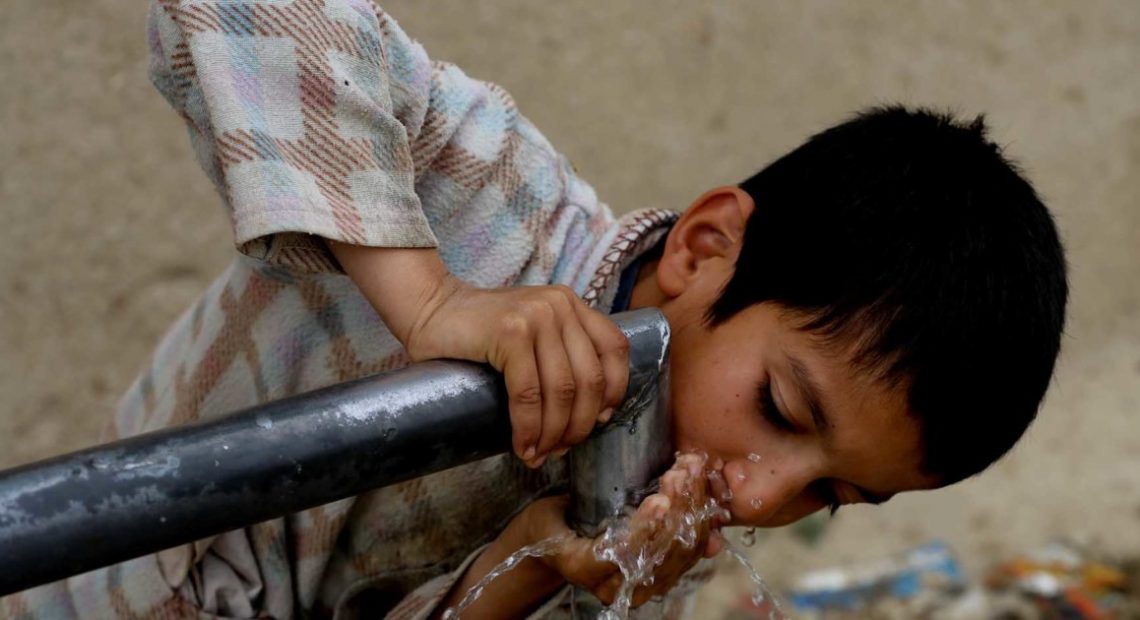How does water pollution alter human health?

Water pollution is a major environmental issue that affects human health. Water pollution occurs when harmful substances such as chemicals, sewage, and waste materials are released into water bodies such as rivers, lakes, and oceans. These pollutants can have serious health effects on human beings who use and depend on water for various purposes such as drinking, bathing, and recreation. This article will explore the various ways in which water pollution alters human health.
Drinking polluted water can have serious health effects on humans. Contaminants such as lead, mercury, arsenic, and cadmium can cause cancer, neurological disorders, and developmental problems. Microorganisms such as bacteria, viruses, and protozoa can cause diseases such as cholera, typhoid, and dysentery. Exposure to these contaminants can also weaken the immune system and make individuals susceptible to other infections and diseases.
Polluted water can also affect skin and respiratory health. When contaminated water comes into contact with the skin, it can cause skin irritation, rashes, and other skin problems. Chlorine, which is often used to treat water, can also irritate the skin and eyes. When contaminated water is used for bathing and showering, it can also lead to respiratory problems such as asthma, bronchitis, and other respiratory infections.
Another way in which water pollution can alter human health is through the contamination of food sources. Fish and other aquatic organisms can accumulate contaminants in their tissues. When humans consume these organisms, they can be exposed to harmful substances such as mercury and PCBs. These contaminants can cause developmental problems, cognitive impairment, and cancer.
Water pollution can also have significant economic impacts on human health. The treatment of water for consumption can be expensive, and the cost of treating diseases caused by contaminated water can also be significant. Additionally, polluted water can impact tourism and recreation industries, leading to economic losses and job loss.
Water pollution can also have long-term effects on human health. Exposure to contaminants such as lead and mercury can lead to permanent developmental problems in children. Certain contaminants, such as PCBs, can also accumulate in the body over time, leading to chronic health problems such as cancer, neurological disorders, and immune system impairment.
In conclusion, water pollution is a serious environmental problem that has significant impacts on human health. Exposure to contaminants in polluted water can cause a range of health problems, including cancer, developmental problems, and respiratory and skin issues. Water pollution can also have economic impacts, affecting industries such as tourism and recreation, and leading to job losses. It is essential that we take steps to reduce water pollution and protect our water resources to safeguard human health and the environment. This includes reducing the use of harmful chemicals and waste materials, improving wastewater treatment, and promoting sustainable water management practices. By taking action to reduce water pollution, we can create a healthier, more sustainable future for ourselves and generations to come.

















